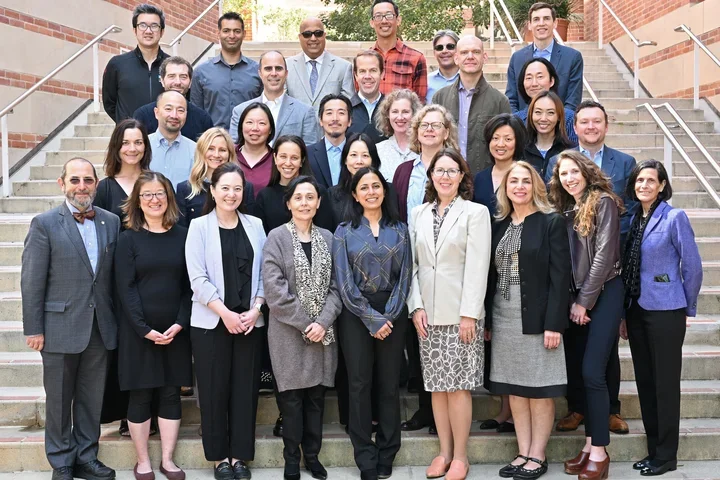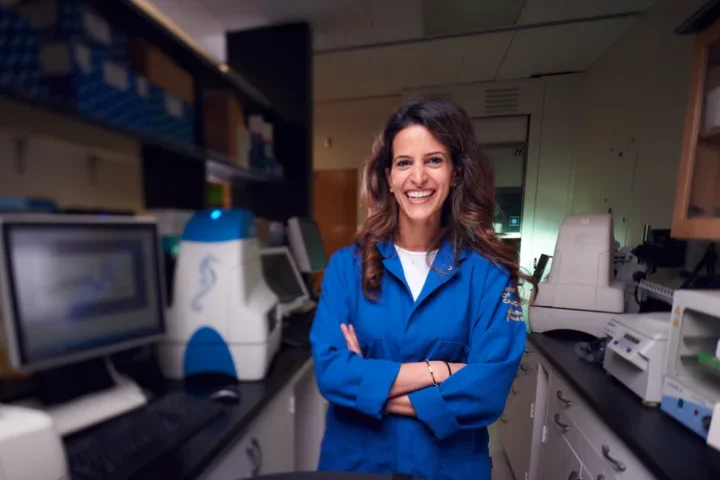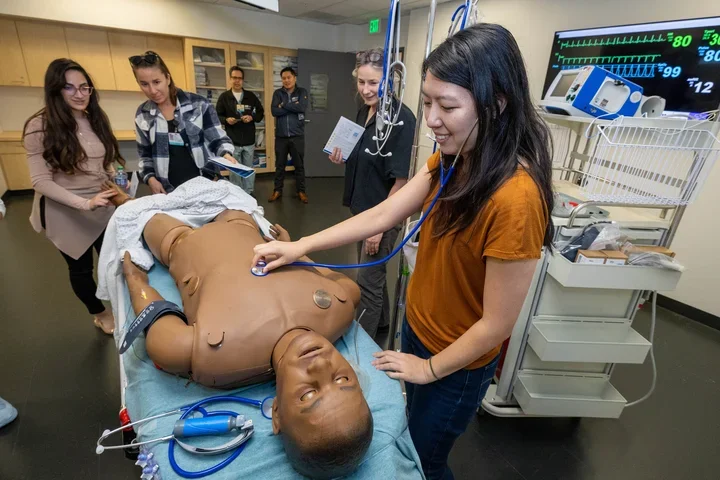Why Medicine? 3 Reasons to Go to Medical School
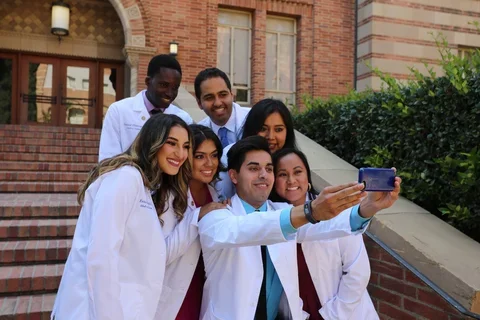
A Day in the Life of Dr. Clarence Braddock, Vice Dean of Education
Parents have always encouraged children to become doctors, often for the prestige and the paycheck. However, these aren't great reasons to study medicine, says Clarence Braddock, MD, MPH, MACP, vice dean for education at the David Geffen School of Medicine at UCLA.
"The road to becoming a physician is tough," Dr. Braddock explains. "One needs to be sustained by a deeper sense of purpose, whether it's an interest in the scientific foundations of medicine—the problem-solving, discovery and advances—or a desire to help people."
Whether medical students are inspired by a love of science or a love of people (or both), now is an exciting time to enter the profession.
Dr. Braddock shares three great reasons to study medicine.
1. Exciting Breakthroughs
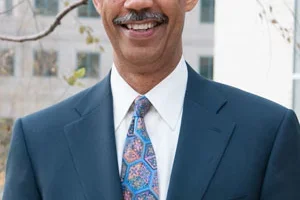
As technological advances speed up the pace of scientific discovery, researchers make new medical breakthroughs every day.
"New technology has also brought unprecedented ways for physicians to engage with and help their patients," says Dr. Braddock.
"Imaging, diagnostics, home devices—these technologies have added a new dimension to practicing medicine." Dr. Braddock says medical students must be prepared to keep learning, because what they're being taught today could soon become outdated. "Practicing medicine is more daunting now because of how quickly paradigms change in terms of how we think about the cause and treatment of disease. But it's also exciting to be in the midst of a constantly changing field. It's never static or boring."
2. Helping Others
Many people enter medicine simply to help others, says Dr. Braddock. "Sometimes that comes from having a physician in the family or being inspired by a physician who cared for a sick loved one. We're also seeing more students from disadvantaged communities who are driven by a desire to address health disparities and some of the unique healthcare needs of underserved populations."
People with such service-oriented goals might have been put off by medicine in the past, because it seemed "too scientific and objective, and not enough about caring and treating the whole person." But Dr. Braddock says this has changed in recent years.
"People now want more of a relationship with their doctors and more control over their health decisions. That has pushed our profession and the people in it to be more open and to better prepare students for engaging with patients,” he says. “We have broad acceptance of concepts like patient-centered care and shared decision-making. And the field is more open to broader humanistic issues, such as training doctors to work in underserved communities. The role of a physician is broadening, and that makes it a particularly exciting time to enter the profession."
3. Balance
It's no secret that doctors work long hours, especially during residency. However, there's no longer an expectation that their lives be all work and no play.
"There is a new era of recognition that physicians need balance," says Dr. Braddock. "It's no longer taboo to discuss, and physicians are finding ways to combine meaningful work with meaningful lives outside work. Physicians are now starting families during residency, and the two-physician couple is more common and much more realistic. In the past, physicians worked 70 to 80 hours a week and rarely saw their families."
Dr. Braddock says that while doctors still log more hours than most professionals, changing workflows allow them more personal time. "The field has become very interprofessional, and there's less pressure for physicians to do everything themselves. People are practicing in teams and collaborating, which leads to better patient care and greater work–life balance for doctors."
(Choosing to Become a Physician - Dr. Elizabeth Barnert's Perspective. Click the link to learn more...)

